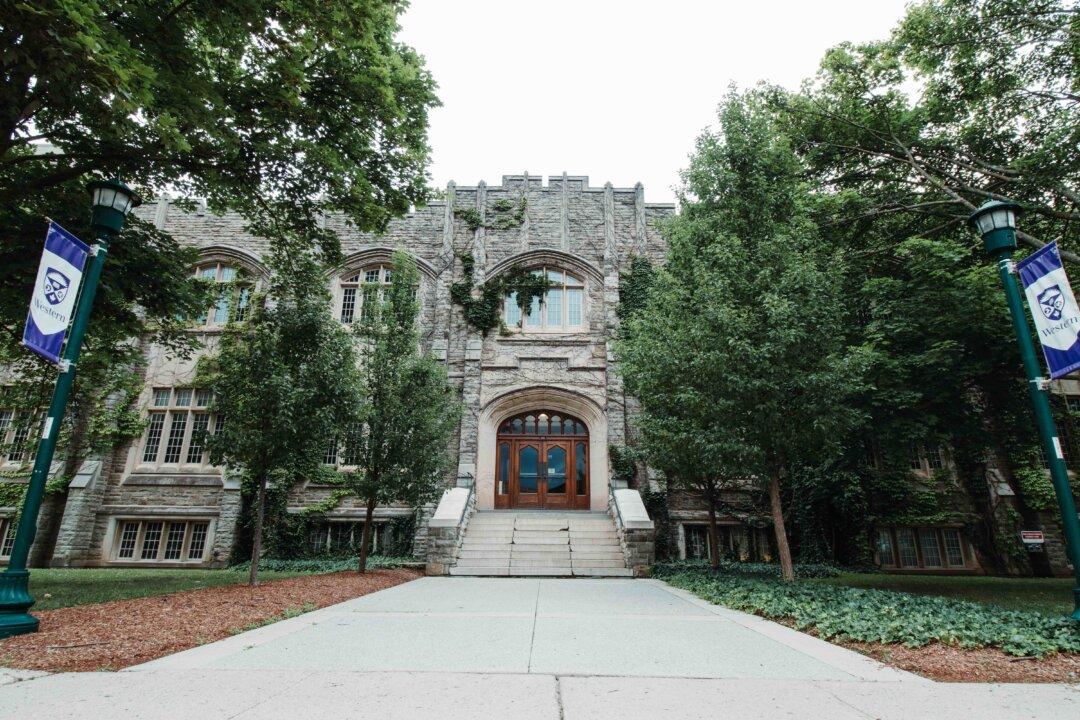Ontario professor Xueliang (Andy) Sun at Western University has garnered numerous recognitions and accolades within Canadian academic circles. But in a 2021 interview with a Chinese media outlet, it was his efforts to “systemically cultivate talents for China” that he spoke about taking pride in.
“I systematically cultivate talents [for China]. They [my students] have been able to achieve success in scientific research and contribute to the country. I feel very proud of that,” Mr. Sun, a professor in the Department of Mechanical and Materials Engineering at Western, told Shaanxi Daily in a report dated Dec. 23, 2021.





